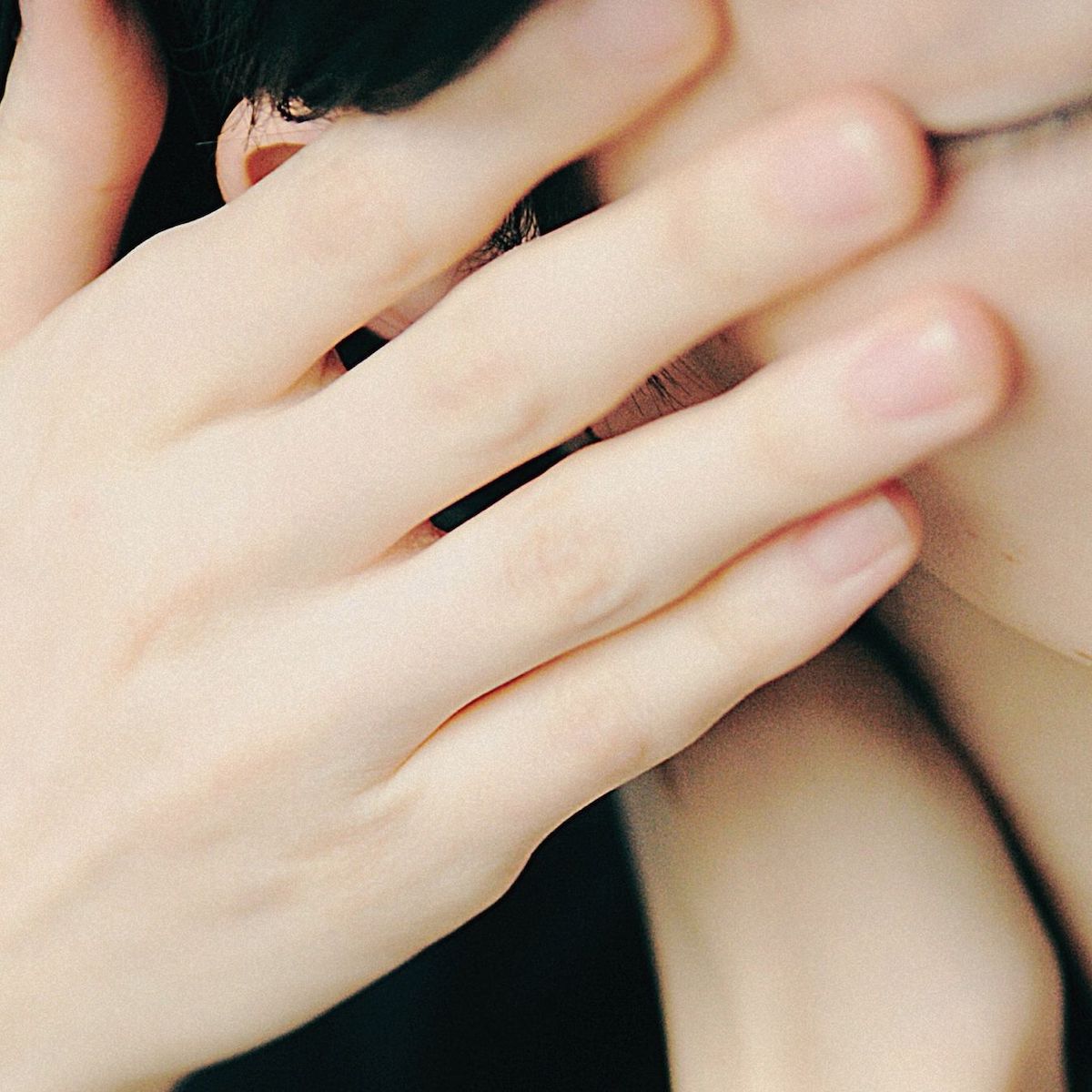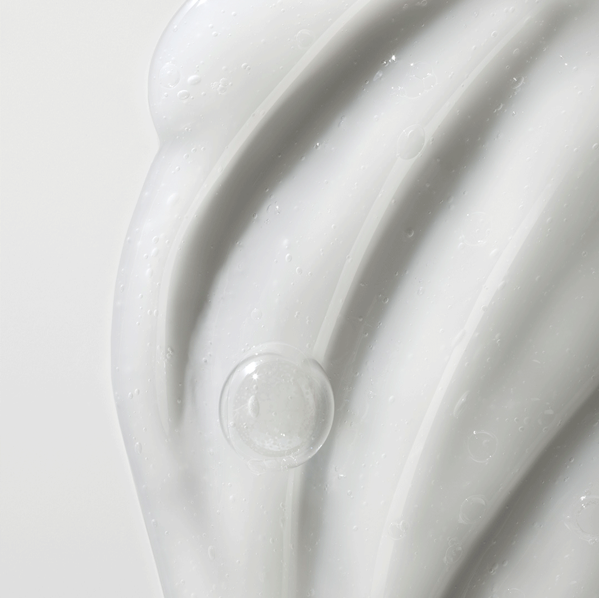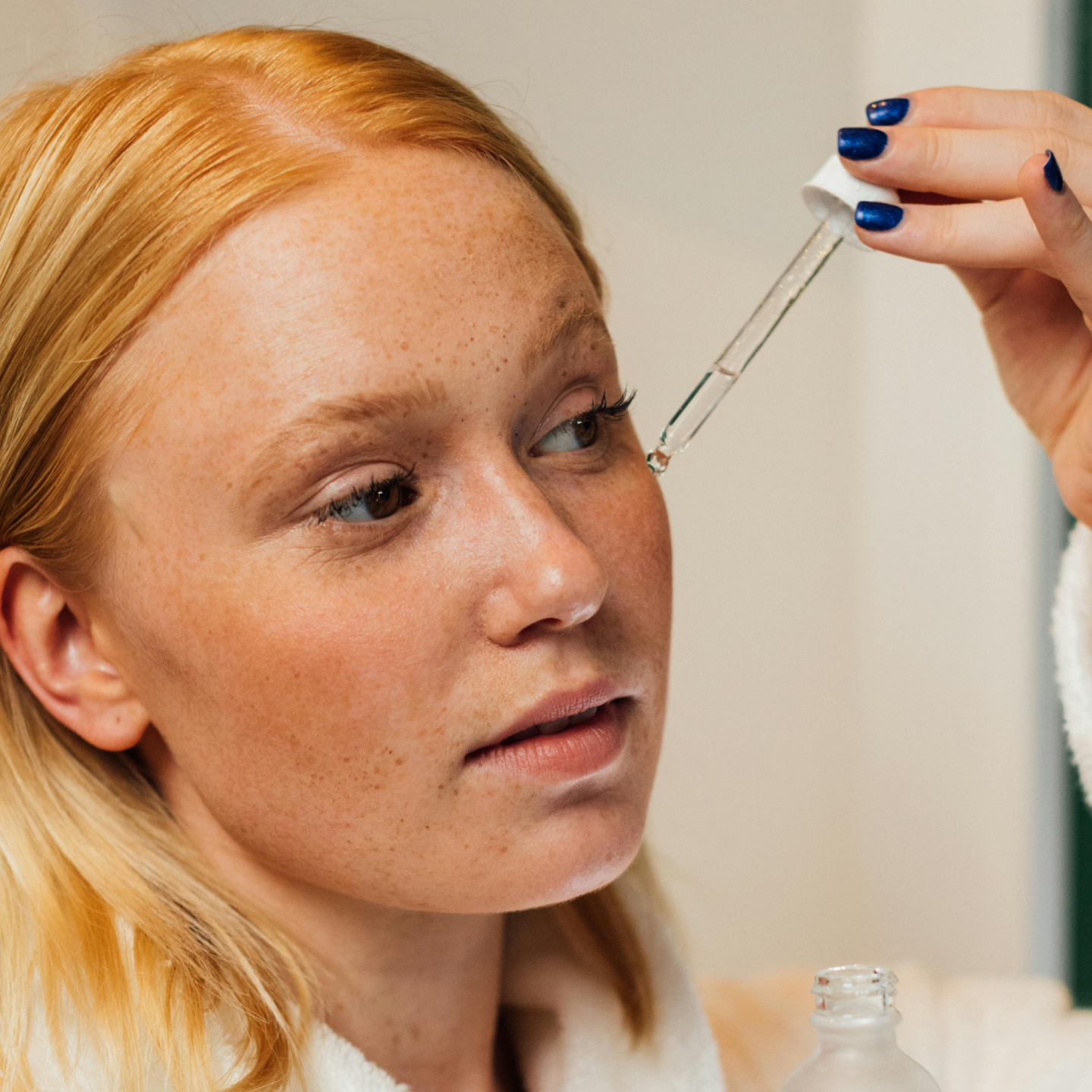Navigating the teenage years is not easy. It’s a whirlwind of change, not only for the teens themselves but also for parents of teens. It’s beyond cruel that during this pivotal time in their lives when they’re dealing with so much stress and anxiety from exams, friendships and figuring out who they are, they also have to deal with the rollercoaster of hormonal shifts that can wreak havoc on skin.
Acne, oiliness and breakouts are common battles teens face. It can cause huge anxiety and low self-esteem, often leading to social isolation and academic difficulties. The good news? There is so much we can do as parents to help. Thanks to huge developments in modern skincare and a better understanding of lifestyle factors, nutrition, hormones and how they affect teen skin, you can ensure your kid comes out the other side of teendom with a healthy attitude towards their appearance and a simple yet effective skincare routine they can take into adulthood.
This guide will break down the essentials of skincare for teens, focusing on effective products, simple routines as well as important lifestyle and mindset changes, helping you and your teen find the perfect solutions without breaking the bank.
The search for the right products and skincare routines can feel overwhelming, so let’s dive straight into some key ingredients you should be looking for and recommendations on how to get the basics right; how to cleanse, the importance of moisturizer (so crucial, even on skin that’s prone to breakouts) and how to deal with acne.
Let’s equip our teenagers with the tools they need to achieve healthy, confident skin.

How to Choose Teen-Friendly Skincare Products
We’re going straight in with the four basic categories in a teenage skincare routine — cleansing, moisturising, acne treatment and sun protection — and which products to choose in each category. Focus on non-comedogenic products ( to avoid clogging up pores) and fragrance-free options that are kinder to skin prone to flaring up.
1 Cleansing
Cleansing is the foundation of any skincare routine. For teens, the goal is to remove dirt, oil and makeup without stripping the skin’s natural moisture barrier. No matter how tired you are after a long day, dermatologists say you should never skip this step.
The golden rule is to wash your face twice a day; when you wake up in the morning and before you go to sleep. You should also wash your face after exercise, but any more than twice a day can further irritate your skin, leading to more breakouts. Also, never sleep in your makeup. Even non-comedogenic makeup can cause acne if you sleep in it.
We love Perfect Gentle Cleanser, a gentle botanical facial cleanser that removes makeup effectively and soothes acne-prone skin. Revision’s Gentle Foaming Cleanser is another lovely option as it contains chamomile to calm irritated skin.
2 Moisturizing
Contrary to popular belief, even oily skin needs moisture, especially if you’re using acne treatments containing benzoyl peroxide, salicylic acid or retinoids like adapalene and tretinoin. It’s tempting to think that drying it out will fix the problem. It won’t.
Why? Because dry skin is irritated skin. When your skin becomes dry, your body makes more oil, which can clog your pores, leading to more breakouts. It’s a vicious cycle. So, stay calm and keep moisturizing! A good moisturizer helps to balance oil production and prevent the skin from overcompensating and producing even more oil.
Choose a lightweight, oil-free, non-comedogenic moisturizer, like this one from La Roche-Posay specifically designed for oily skin, and use it morning and night, after cleansing.
Hyaluronic acid (HA) is another key skincare ingredient to look out for as it provides lightweight hydration without clogging pores, making it suitable for oily and acne-prone skin. HA helps maintain a healthy skin barrier, reduces inflammation, can boost sun protection and may even help heal minor acne scars over time. Use alone as a serum (the Hyalu B5 is a favourite) or look for HA as an ingredient in your moisturizer.
3 Acne Treatments
Acne is a common concern for teens, and there’s a wide range of products available. Our view is to always start with gentler options and gradually increase strength as needed. It’s crucial to avoid overusing acne treatments, as this can irritate the skin and worsen breakouts.
It’s also important to understand what kind of acne you have. If you have clogged pores that appear as blackheads or whiteheads, you have non-inflammatory acne, which is the mildest type and easy to spot. Anything red or more robust in appearance is classified as inflammatory acne. But don’t worry, a simple skincare routine and plenty of patience will ensure your teen stays on top of it.
Always speak to a dermatologist if you’re concerned about any treatment not working before trying anything new. The worst thing you can do is overload your skin with lots of different products that might react with each other and make the situation worse.
Key acne-treating ingredients:
-
Benzoyl peroxide: available in various strengths, benzoyl peroxide helps to kill acne-causing bacteria. Start with a lower concentration (2.5% or 5%) and use it sparingly. For best results, store it in a cool, dry place to maintain its potency and stability.
-
Salicylic acid: this ingredient helps to exfoliate the skin and unclog pores. Look for a cleanser or spot treatment containing salicylic acid.
4 Sun Protection
Protecting teen skin from the sun is crucial for preventing long-term damage. Your teen may worry that using sunscreen on acne-prone skin will make it worse, but the reality is that sunscreen protects your skin from further inflammation and long-term damage such as age spots, wrinkles and even skin cancer.
Look for a non-comedogenic, broad-spectrum sunscreen formulated for the face, ideally with an SPF of 30 or higher.
A great two-in-one option, tinted sunscreens provide sun protection while also offering light coverage, perfect for teens who are starting to experiment with makeup. We love this one from EltaMD because it’s lightweight and contains high-purity niacinamide, which helps reduce the appearance of blemishes. La Roche-Posay’s Mineral Tinted Sunscreen for Face is another favourite as it’s a non-greasy sunscreen that provides excellent protection.

Building a Teen Skincare Routine
Now that we’ve covered the essential products for skincare for teens, let’s put it all together into a simple, effective routine. The key to healthy skin is consistency. Encourage your teen to stick to their skincare for teens routine, even when their skin looks clear. Building these habits early will set them up for a lifetime of healthy, radiant skin.

Morning
-
Cleanse: gently cleanse the face with a mild cleanser.
-
Moisturize: apply a lightweight, oil-free moisturizer with SPF.
-
Sunscreen: if the moisturizer doesn’t contain SPF, apply a separate sunscreen.
Evening
-
Cleanse: remove makeup and cleanse the face.
-
Treat (if needed): apply acne treatment to affected areas (if using).
-
Moisturize: apply a lightweight moisturizer or hyaluronic serum.
Beyond Products: The Importance of a Holistic Approach
While a consistent skincare routine is crucial, healthy skin is also a reflection of overall wellbeing. Let’s explore some key lifestyle factors that play a significant role in teen skin health.
Nutrition: Fueling Your Skin from Within
What teens eat can significantly impact their skin. Encourage a balanced diet rich in fruits, vegetables and whole grains. These foods provide essential vitamins and antioxidants that support skin health. Limiting processed foods, sugary drinks and excessive dairy can sometimes make a noticeable difference in reducing breakouts for some individuals. Staying hydrated by drinking plenty of water is also vital for maintaining healthy skin.
Hormone Balance: Understanding the Changes
The teenage years are marked by significant hormonal fluctuations, which are often the root cause of acne and oily skin. While you can’t entirely control these changes, understanding them can be helpful. Maintaining a healthy lifestyle, including a balanced diet, regular exercise and stress management, can contribute to hormonal balance. For severe or persistent hormonal acne, consulting a doctor or dermatologist is recommended. They can offer tailored advice and explore potential treatment options.
Stress Management: The Skin-Stress Connection
Stress can trigger inflammation throughout the body, which can manifest as skin problems like acne and eczema. Learning healthy stress management techniques is essential for teens, especially as it will reduce the production of the stress hormone cortisol. Cortisol not only causes hormonal imbalances, it has also been linked to an increase in sebaceous gland activity which exacerbates acne.
Encourage activities like exercise, meditation, yoga or spending time in nature. Getting enough sleep is also crucial, as sleep deprivation can exacerbate stress and worsen skin issues. Open communication and creating a supportive environment can also help teens manage stress effectively.
Exercise: Moving for Healthy Skin
Regular physical activity is beneficial for overall health, including skin health. Exercise improves blood circulation, which helps to deliver nutrients and oxygen to skin cells. It can also help to regulate hormones and reduce stress. Encourage your teen to find activities they enjoy, whether it’s team sports, dancing, swimming or simply going for a walk.
Six Top Tips for Managing Acne
-
Be patient — it can take several weeks to see results from new skincare products.
-
Don’t pick or squeeze pimples — this can lead to scarring.
-
Avoid touching your face — this can transfer bacteria and worsen breakouts.
-
Wash your face twice a day — avoid over-washing, as this can dry out the skin.
-
Use non-comedogenic products — these products are formulated to not clog pores.
-
Consult a dermatologist — if acne is severe or doesn’t improve with over-the-counter products, it’s best to see a dermatologist.
Empowering Your Teen

Talk to your teen about their skin concerns and involve them in doing the research (always from reputable sources) and choosing products. Explain the importance of each step in the routine and emphasise that skincare is an act of self-care. By providing them with the right tools and knowledge, you can empower them to take control of their skin health and navigate their teenage years with confidence.
Ask them if they’re looking at skin content on social media and if they are, gently encourage them to avoid it. There is a lot of hysteria online about how to have clear skin: it’s best to stick to affordable and dermatologist-approved products and routines rather than falling for the latest viral gimmick, which often comes from dubious sources and will only leave your teen feeling worse when it invariably doesn’t work.
Remember, simplicity is key. A basic routine with effective products is far more beneficial than a complicated regimen that’s difficult to maintain. By focusing on these core elements of skincare for teens, you can help your teen achieve healthy, happy skin.
Ready to experience the Lighthouse difference?
Explore our acne range and book a consultation with one of our expert skincare consultants for personalized advice on managing your acne. We’re here to help you achieve the healthy, radiant skin your teen deserves.





